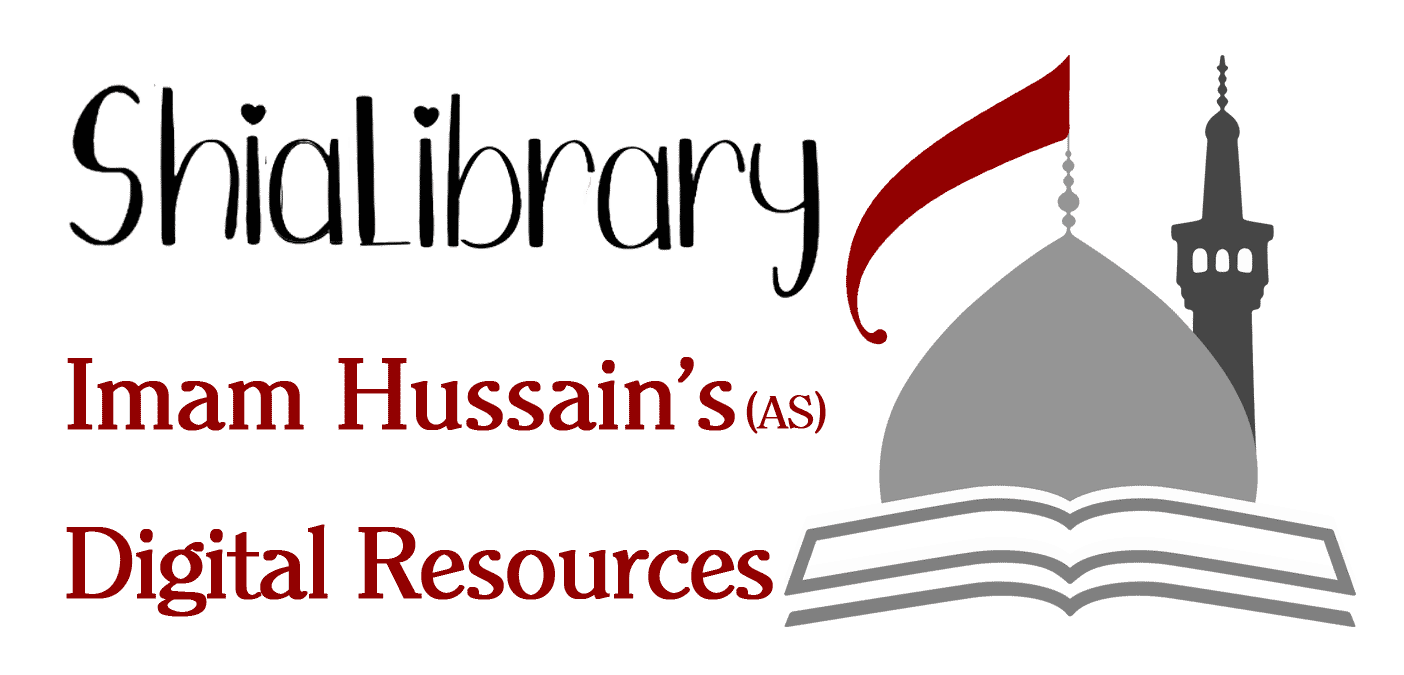تحلیل خطبه ی انتقادی امام حسن (ع)پس از رحلت رسول خدا (ص)بر اساس نظریه فرکلاف
نویسنده:
خاکپور, حسین
لطفی, مریم
ناشر: مطالعات ادبی متون اسلامی
چکیده: چکیده
تحلیل گفتمان انتقادی, پدیده ای زبانی می باشد که در اثر ارتباط تولید شده, و گرایشی مطالعاتی, اجتماعی و میان رشته ای است. گفتمان انتقادی, به تحلیل و نقد متونی که بازتاب دهنده ی عوامل اجتماعی, سیاسی و فرهنگی حاکم بر فضای جامعه است, می پردازد. هدف از پژوهش حاضر تحلیل گفتمان انتقادی امام حسن مجتبی7 در وقایع پس از رحلت رسول خدا6 بر اساس نظریه ی فرکلاف است که در سه سطح توصیف, تفسیر و تبیین و به روش توصیفی-تحلیلی به آن پرداخته می شود. دستاورد این نوشتار تبیین گفتمان انتقادی امام7 است که نشان دهنده ی شرایط خفقان و قدرت مسلط بر جامعه, اوضاع مردم کوفه در زمان حضرت می باشد, افزون بر این اثرپذیری امام7 از آن شرایط که گفتمان را به صورت اعتراضی و انتقادی نسبت به پیمان شکنان ایراد فرموده اند, این انتقاد را در راستای اثبات امامت و جانشینی بعد از رسول خدا6, شکوه از حق ضایع شده ی حضرت علی7, ذکر فضایل پدر بزرگوارش, معرفی یار و یاور دلسوز پیامبر اکرم6 و روشنگری در جهت برانگیختن افکار عمومی برای حمایت و پشتیبانی امام7 و یارانش برجسته می نماید.
Abstract
Critical Discourse analysis is the linguistic phenomenon produced by communication, and is a study, social, and interdisciplinary tendency. Critical Discourse deals with the analysis and critique of texts that reflect the social, political, and cultural factors governing space, society. The purpose of the present study is to analyze the Critical Discourse of Imam Hassan Mojtaba (PBUH) in the aftermath of the death of the Prophet (PBUH) based on Farfalaf's theory, which has three levels of description, interpretation and descriptiThe purpose of the present study is to analyze the Critical Discourse of Imam Hassan Mojtaba (AS) on the events after the death of the Prophet (peace and blessings be upon him) based on Farfalaf's theory, which has three levels of description, interpretation and descriptive-analytic method. This article explores the Critical Discourse of Imam Hassan Mojtaba (PBUH) in conditions of suffocation, the dominant power of the community and the people of Kufa in protest and criticism of the outlaws, leading to this Critical Discourse on a number of issues, including: Imamate and succession after the Prophet of God (PBUH), the glorification of the lost right of Prophet Ali (PBUH), mentioning the virtues of his noble father, the compassionate companionship of the Prophet (peace be upon him) and the Enlightenment in order to arouse public opinion. Support and support of Imam and his companions. ve-analytic method. Achieved

گاهی به نماز و سیره عبادی امام حسن مجتبی(ع)(حُسن حَسن)
نوع:
نویسندگان :
موضوعات : نماز, سیره عبادی امام حسن مجتبی(ع)
گاهی به نماز و سیره عبادی امام حسن مجتبی(ع)(حُسن حَسن)
نوع: بحوث و مقالات
نویسندگان :
موضوعات : نماز, سیره عبادی امام حسن مجتبی(ع)
نگاهی به زمینه های صلح امام حسن (ع)/ به مناسبت 26 ربیع الاول، سالروز صلح امام حسن مجتبی (ع)
نوع: Article
نویسندگان : احمدی, زهرا
موضوعات :
نسخه انگلیسی موجود است
| contributor author | خاکپور, حسین | |
| contributor author | لطفی, مریم | |
| date accessioned | 2024-09-25T07:40:34Z | |
| date available | 2024-09-25T07:40:34Z | |
| identifier uri | http://digital.imamhussain-lib.com/ihdl/110/11501 | |
| description | نسخه انگلیسی موجود است | en_US |
| description abstract | چکیده تحلیل گفتمان انتقادی, پدیده ای زبانی می باشد که در اثر ارتباط تولید شده, و گرایشی مطالعاتی, اجتماعی و میان رشته ای است. گفتمان انتقادی, به تحلیل و نقد متونی که بازتاب دهنده ی عوامل اجتماعی, سیاسی و فرهنگی حاکم بر فضای جامعه است, می پردازد. هدف از پژوهش حاضر تحلیل گفتمان انتقادی امام حسن مجتبی7 در وقایع پس از رحلت رسول خدا6 بر اساس نظریه ی فرکلاف است که در سه سطح توصیف, تفسیر و تبیین و به روش توصیفی-تحلیلی به آن پرداخته می شود. دستاورد این نوشتار تبیین گفتمان انتقادی امام7 است که نشان دهنده ی شرایط خفقان و قدرت مسلط بر جامعه, اوضاع مردم کوفه در زمان حضرت می باشد, افزون بر این اثرپذیری امام7 از آن شرایط که گفتمان را به صورت اعتراضی و انتقادی نسبت به پیمان شکنان ایراد فرموده اند, این انتقاد را در راستای اثبات امامت و جانشینی بعد از رسول خدا6, شکوه از حق ضایع شده ی حضرت علی7, ذکر فضایل پدر بزرگوارش, معرفی یار و یاور دلسوز پیامبر اکرم6 و روشنگری در جهت برانگیختن افکار عمومی برای حمایت و پشتیبانی امام7 و یارانش برجسته می نماید. Abstract Critical Discourse analysis is the linguistic phenomenon produced by communication, and is a study, social, and interdisciplinary tendency. Critical Discourse deals with the analysis and critique of texts that reflect the social, political, and cultural factors governing space, society. The purpose of the present study is to analyze the Critical Discourse of Imam Hassan Mojtaba (PBUH) in the aftermath of the death of the Prophet (PBUH) based on Farfalaf's theory, which has three levels of description, interpretation and descriptiThe purpose of the present study is to analyze the Critical Discourse of Imam Hassan Mojtaba (AS) on the events after the death of the Prophet (peace and blessings be upon him) based on Farfalaf's theory, which has three levels of description, interpretation and descriptive-analytic method. This article explores the Critical Discourse of Imam Hassan Mojtaba (PBUH) in conditions of suffocation, the dominant power of the community and the people of Kufa in protest and criticism of the outlaws, leading to this Critical Discourse on a number of issues, including: Imamate and succession after the Prophet of God (PBUH), the glorification of the lost right of Prophet Ali (PBUH), mentioning the virtues of his noble father, the compassionate companionship of the Prophet (peace be upon him) and the Enlightenment in order to arouse public opinion. Support and support of Imam and his companions. ve-analytic method. Achieved | en_US |
| language iso | fa | en_US |
| publisher | مطالعات ادبی متون اسلامی | en_US |
| title | تحلیل خطبه ی انتقادی امام حسن (ع)پس از رحلت رسول خدا (ص)بر اساس نظریه فرکلاف | en_US |
| title alternative | Analysis of Imam Hassan's (S) critical sermon after the death of the Prophet (PBUH) based on Falkloff's theory | en_US |
| type | Article | en_US |
| contenttype | Metadata Only | en_US |
| subject keywords | امام حسن (ع) | en_US |
| subject keywords | خطبه | en_US |
| subject keywords | فرکلاف | en_US |
| subject keywords | زبان شناسی | en_US |
| subject keywords | گفتمان انتقادی | en_US |
| subject keywords | امام حسن مجتبی (ع) | en_US |
| subject keywords | امام دوم | en_US |
| date shamsi | 1398 | en_US |
مواد ذات صلة
عرض الفایلات ذات الصلة بواسطة: عنوان، المؤلف، المنشئ والموضوع.
-
گاهی به نماز و سیره عبادی امام حسن مجتبی(ع)(حُسن حَسن)
نویسندگان : بدون نویسندهموضوعات : نماز , سیره عبادی امام حسن مجتبی(ع) , -
گاهی به نماز و سیره عبادی امام حسن مجتبی(ع)(حُسن حَسن)
نوع: بحوث و مقالاتArticleمقاله نویسندگان : بدون نویسندهموضوعات : نماز , سیره عبادی امام حسن مجتبی(ع) , -
نگاهی به زمینه های صلح امام حسن (ع)/ به مناسبت 26 ربیع الاول، سالروز صلح امام حسن مجتبی (ع)
نوع: Article نویسندگان : احمدی, زهراناشر: شمیم یاس
